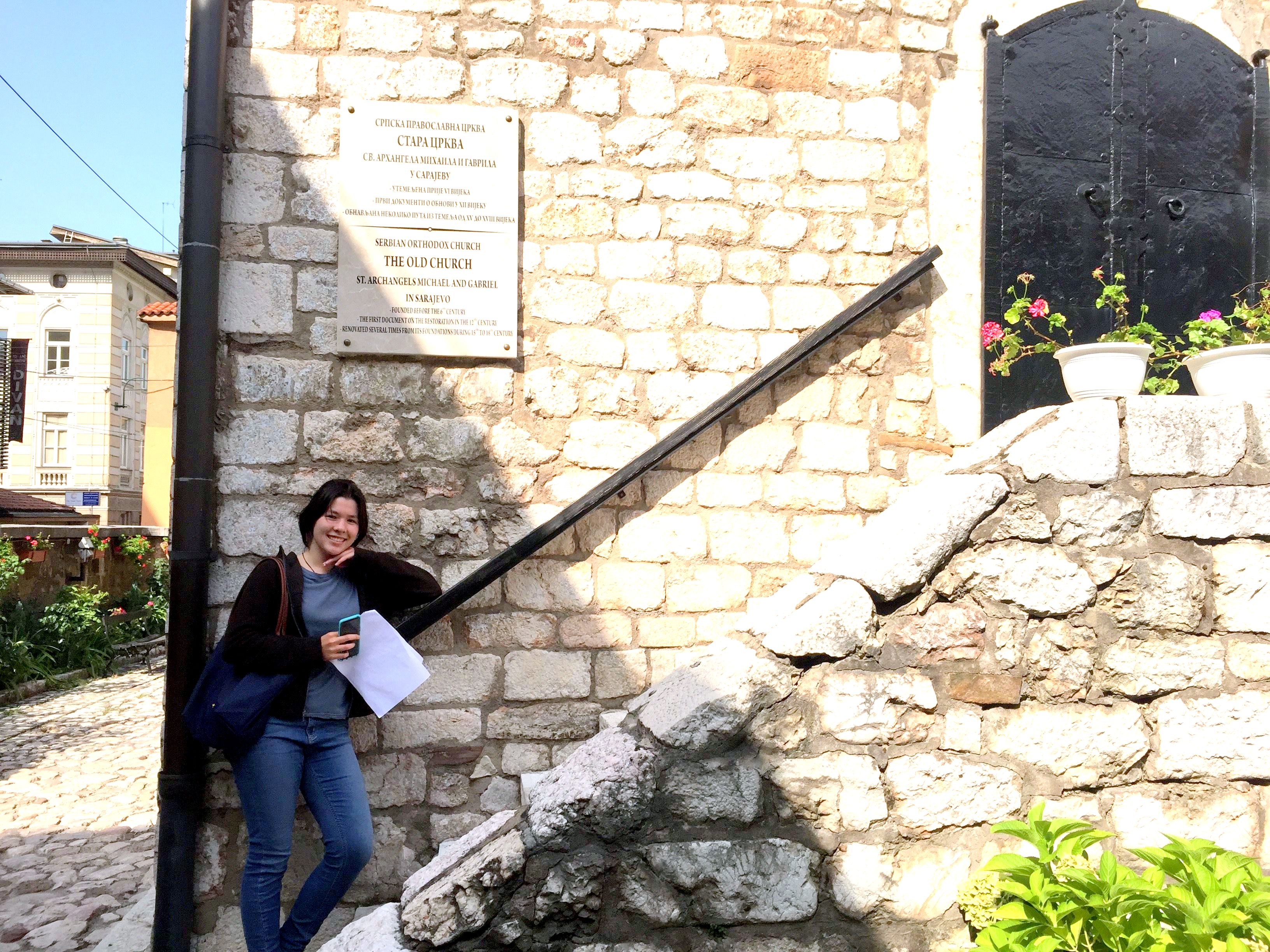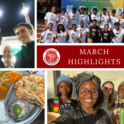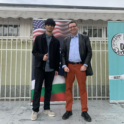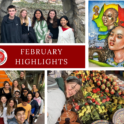StoriesBack to Stories
Identity

By: Haley Z., YES Abroad 2017-18, Bosnia and Herzegovina, from Rockville, MD
I’ve lived with the burden of being mixed race my whole life. Perhaps “burden” isn’t quite the right word, but it has always been an obvious part of my identity. I’ve figured out the best way to answer, “Where are you from?” or, more bluntly, “What are you?” questions. When someone asks me about my race, it's easy enough to explain. My mom is Chinese, my dad is white, I’m American. But here in Sarajevo, the answer is never so simple. When people ask me where I’m from, I automatically answer “America” because I have an American passport. If they persist, I get a little more specific and say Maryland. If they persist even longer, usually by asking where I was born, I say California. This answer is never satisfactory and leads to a heated argument about where I’m really from.
I know my own identity. I know who I am and that at the end of the day I am 100% American. Here, however, things are sometimes a bit more complicated. I’m obviously different from my other exchange students in some ways: I celebrate Chinese New Year’s, aggressively apply tiger balm at every opportunity given, and have never “properly” celebrated Thanksgiving. I have nearly black hair and equally as dark eyes and a complexion that is neither European or Chinese. I stand out from the crowd – not just from locals, but from other Americans.
My race here is the most visible part of myself. Culturally speaking, I am more American than Chinese. But people don’t see that when they first meet me – they don’t associate the way I look and the way I act with Americans. They don’t associate me with being American, purely because I look different than how the average American is portrayed in the media.
At times I feel as if I’m reduced to simply being Asian. I’m reduced to questions about race, comments about stereotypes, and people asking me to “just say something in Japanese.” (I’m not Japanese.) Everything I do somehow reflects my un “Americanness” in a way that I have to prove myself to be just as American as other exchange students.
Being mixed race is hard wherever I go. In China, for example, people didn’t consider me Chinese. But that made sense because I don’t even speak Mandarin. However, having people argue with me about my ethnicity and my identity is a challenge I've never experienced before. It’s something I’ve had to think about, something I’ve had to justify to others, and something that keeps coming up.
My point is, these are things I didn’t think about in the U.S. Being in Bosnia, a largely racially homogeneous country, I think about it a lot. I knew exchange would change my views on the world. I knew it would probably change my views on other people as well. However, I didn’t know it would change how I view myself. I’m still in the process of figuring out how to identify myself and, even more, how to express these identities to other people.





